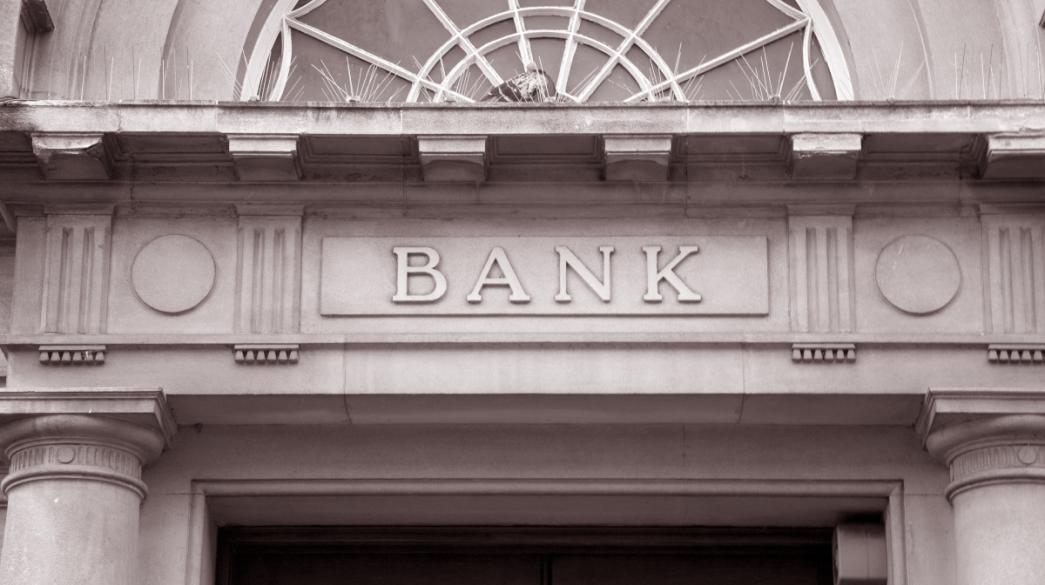Signs are growing that the number of Greece's strategic defaulters, loan holders who are able to pay back their loans but choose not to, are higher than initially thought. Estimates place strategic defaulters at about 20 to 25 percent of bad loans but the number could be much higher given the low number of loan holders seeking to restructure their debt with banks and the high level of assets many of them own.
Out of the 120,000 loan holders who can potentially seek more favorable repayment terms (on housing, consumer and business loans tied to their primary residence), about half have applied to restructure the debt. However, only 4,000 of them have put together a complete application on this, of which half, some 1,600 applications, have been rejected for exceeding allowable income and asset levels.
Additionally, a large number of loan holders, about a third of those who have registered on the platform, did not provide the consent banks need to check on their banking and tax details.
In a letter sent by Finance Minister Christos Staikouras to the Hellenic Bank Association (HBA) last week, the very small number of loan holders that had successfully restructured their loans (686) was highlighted, raising concerns about the effectiveness of procedures adopted by banks, versus the Katseli law that offers blanket protection but is now expiring. A meeting then followed between the minister, HBA chairman George Handjinicolaou and HBA Secretary-General Charoula Apalagaki.
Banking officials told Business Daily that strategic defaulters are not only those who have the money to pay back the loans but also those who expect the law to continue providing unconditional protection of their main residence, those who refuse to sell other assets they own to meet obligations and those whose home value has plummeted (though losses have since been trimmed due to the rebounding market).
Poor payment culture
There is no doubt that the economic crisis has put many households into a difficult financial position and thousands of people out of work, meaning that they are unable to meet basic financial obligations. Banks have also set up rigid bureaucratical procedures when offering viable solutions.
At the same time, however, a large number of loan holders have decided not to pay back the money they owe for different reasons. Surprisingly, only 5 percent of loan holders have responded to offers made by banks for haircuts of up to 80 percent, before passing on the debt to loan servicing companies.
The political class has also played a big role in shaping mentalities on this issue. Between 2010 to 2015, laws and promises were made essentially protecting homes from banks.
Meanwhile, the government is concerned about social reactions that may be caused by home auctions, similar to those seen in Spain not too long ago. It is worth pointing out, however, that the problems with bad loans and home foreclosures in the Spanish economy were less severe than Greece's current situation. The ruling conservatives are concerned about the political fallout that may arise, given that the issue has already drawn the attention of Syriza officials and Alexis Tsipras.
The Greek government is trying to put pressure on loan servicing companies to avoid forced asset sales and provide favorable debt restructuring terms that will entice loan holders. As part of this effort, Staikouras met with representatives from loan servicing companies on Friday in a bid to coax them into offering viable solutions to those in default.
On their side, loan servicing companies say that they do not intend to move ahead with the forced sale of homes, as this avenue is costly and time-consuming. However, they also add that resolving bad loans requires the goodwill of all involved, namely the customer, the bank and the government.
YIANNIS PAPADOGIANNIS









